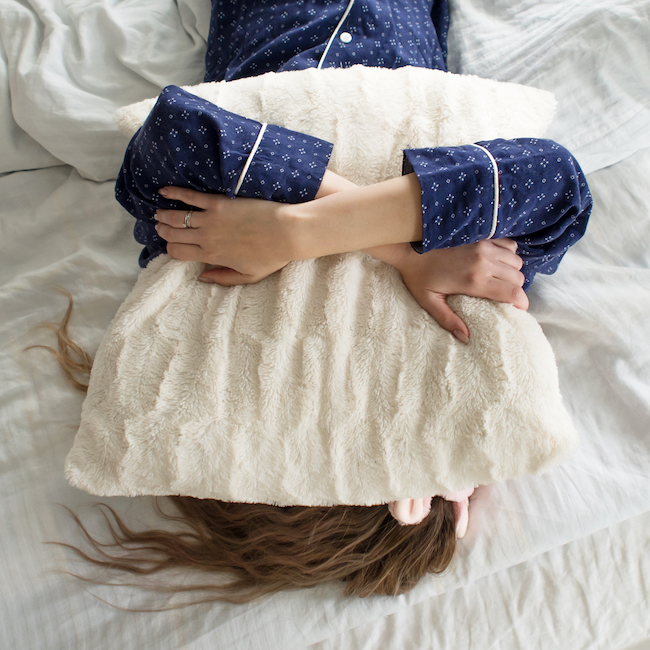Getting quality sleep is at the baseline of your overall well being. When you don’t get adequate sleep, it can affect everything from your mental state to your metabolism, even your skin. Some studies have shown that getting poor sleep regularly can cause weight gain, or make weight loss more difficult. Even though sleep is crucial for your health, many of us aren’t getting enough of it, and struggle with turning our brains off at night. With the hustle and bustle of the typical American lifestyle, and the intensity of most schedules, it may be hard to find balance in your day and make definite time for rest. Your habits during the day, especially in the hours right before bed, can make or break your sleep quality, so we asked Dr. Peter Polos, MD, PhD, FCCP, FAASM, a sleep medicine specialist and sleep expert for Sleep Number, what habits are the worst for getting good sleep.


Straying from a Regular Routine
“Going to sleep at different times throughout the week or changing your environment (where you sleep) – can disrupt your circadian rhythm.”
Elevating the Temperature of your Room
“Whether you’re cranking the heat in the winter or the AC during the summer – it can be disruptive or make it more difficult to fall asleep. It can also limit the amount of time available to achieve the deeper stages of sleep.”
Poor Quality Bed
“Sleeping on a less-than-ideal surface can also sometimes be overlooked. Neck and back discomfort are common factors affecting sleep, so it’s important to ensure that you have a comfortable mattress and pillow.”
Eating the Wrong Foods
“Sleep itself is complex, so understanding how the foods we’re eating are impacting sleep depends on what we’re actually eating, what time we’re eating and of course our overall health. But there are studies that suggest that certain foods—like tart cherry juice, fatty fish (like salmon) and even kiwi fruit—may help promote sleep. Another recent study showed that those on a high protein diet to lose weight reported better sleep.”

Getting good sleep requires strong daily habits and balance in your lifestyle. This won’t happen overnight (no pun intended)—instead, it takes consistency with your environment, schedule, and diet. If you want to improve your sleep quality but don’t know where to start, Dr. Polos also suggests, first and foremost, having a set sleep routine with the same bedtime and wake time. This supports your circadian rhythm, or the internal process that controls your sleep and wake cycle. Additionally, making sure your bedroom is cool, dark, and quiet can make it easier to relax before sleep. This, coupled with the dietary changes mentioned above, can improve your sleep quality. However, if you find that your poor sleep persists or affects your day-to-day life, seek guidance from your doctor so you can formulate a healthcare plan aligned with your own unique needs.


























